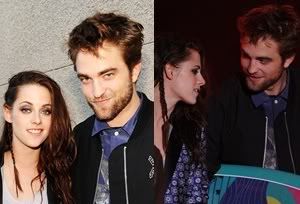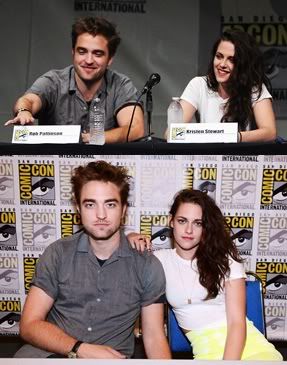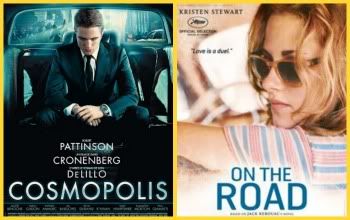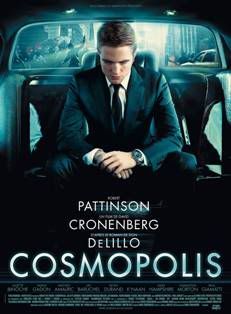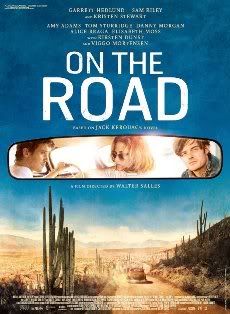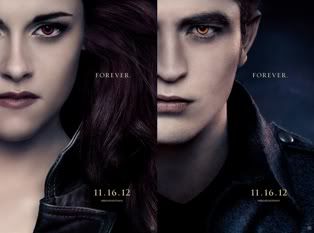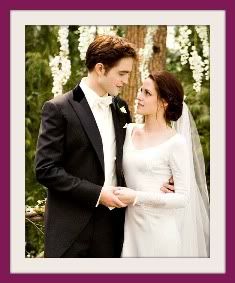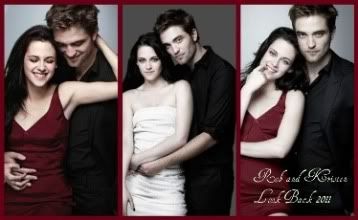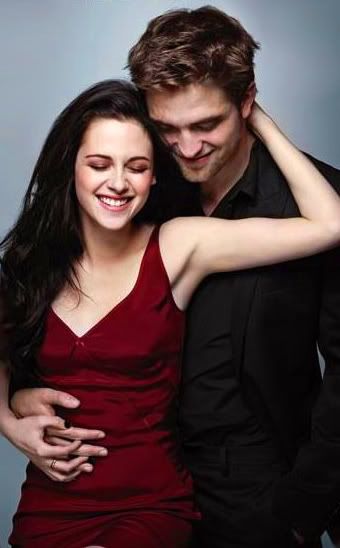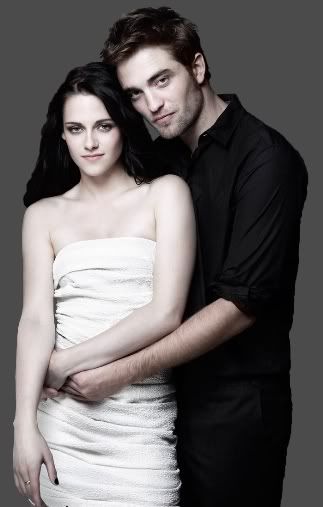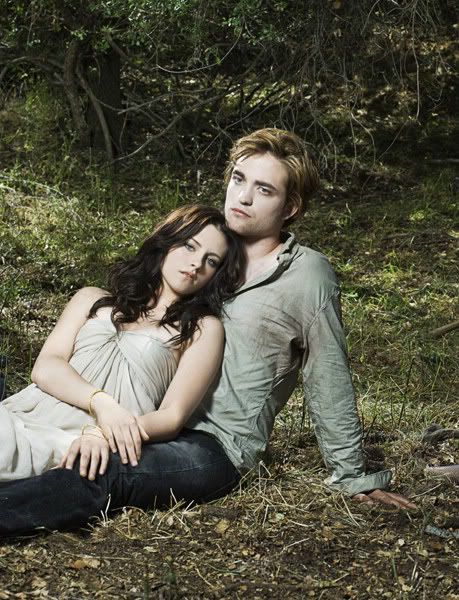Don't miss this article/interview
HuffingtonPost Foulmouthed and feral, the kohl-eyed stripper-prostitute portrayed by Kristen Stewart in Welcome to the Rileys is a battery of neurotic tics: she nibbles her fingers, scratches her undefined lips, and shakes one foot mechanically. There are bruises on her calves from pole-dancing. Her hair is unkempt, her skin waxy. In her willful self-neglect, she is pitiful.
This 17-year-old apparition could, in a different life, be Bella Swan’s sister — the promiscuous one who acted out and vanished, leaving Bella uncertain, unsmiling, and ill-equipped to deal with rejection. There’s no such sister, of course, in the Twilight movies to rationalize Bella’s depressiveness, alienation and her attraction to the undead and the vulpine — though part of it stems from her parents’ split. But Stewart makes Mallory, the girl in Rileys, so defensive and evasive, so willing to offer a lap-dance or oral sex in lieu of explanations, that we know she has a history fraught with traumas, desertions, and betrayals.
“We find her on the cusp of giving up, of becoming one of those girls that you see in those clubs who are dead inside,” said Stewart, 20, in a recent interview. “They really have nothing behind their eyes when they look at you, you’re not equals anymore because they’ve lost something — they don’t feel wholly about themselves. She’s been abused and made to think that she’s a lesser person, and she truly hates herself. She doesn’t have the capacity to trust other people, or feel worthy of love. But hopefully in this movie, if it’s the movie that I wanted to do, I think you can see that she’s starting to envy people that are more whole, that like themselves. I’m not saying that she makes a full recovery, but what happens to her in the story does spark a question.”
Stewart and I had 20 minutes together in a Manhattan hotel room that had been stripped of everything except three chairs. “Spare,” she observed. She wore a black and white check shirt and jeans. There was no small talk, just an interview. She was serious, impersonal, passionate when she got going on the subject of her work, the words tumbling out in a rush: I liked the sense that acting mystifies her. And then she was gone, leaving her sunglasses on the floor. Instead of signing onto eBay, I gingerly returned them to the aide, or agent, standing outside. That was that.
Following Stewart’s stealthy, brooding Joan Jett in The Runaways, her performance in Rileys further complicates the actress’s image, which has been founded on passivity and a certain wryness. Not that Bella is archetypal. In making her moodier and less knowing than most high-school movie heroines, and bequeathing her her own shyness, Stewart has maintained the character’s elusiveness; no mean feat to pull off over the course of three tentpoles (it’ll be five by November 2012).
Mallory, in contrast, is an imploding force of nature. In her fishnet holdups and gloves, she is less the hardboiled hooker she imagines herself to be than a lamb in vixen’s clothing, a child playing brutalizing adult games. Strung-out and slummocky, Mallory is more convincing that the movie itself, for along comes a well-to-do plumber (James Gandolfini), grieving for his dead teenage daughter, to attempt her rescue. He rejects her crude sexual advances, cleans her apartment, and fines her for saying “fuck.” And then along comes his wife (Melissa Leo), surmounting her agoraphobia to chase him to New Orleans, to complete the makeshift Riley family.
As both fairytale and three-way psychological case study, Jake Scott’s film is overly schematic, but it’s not without reality checks: as when Mallory flees into the night yelling back at her surrogate parents, “I’m nobody’s little girl — it’s too late for that shit!” As damaged as Mallory is, Stewart gives her the bitter integrity of someone who, having made her squalid bed, is going to lie in it. And she has her principles: “I don’t do anal, German Shepherds, or porno tapes,” she tells Gandolfini’s Doug, who’s more intent on unblocking her toilet. It’s unsettling to hear Stewart say these words, and it was unsettling for her to play the part.
“I was very scared of it, actually,” she said. “Both well before I did it, when I was too young to play her, and then all through rehearsal. But once we started shooting, I shocked myself in that I was unselfconscious about not wearing too many clothes or saying the words that were coming out of my mouth. I was finally ready and, I don’t know, mature enough that it didn’t bother me.”
Mallory’s liaisons with her johns, one of whom leaves her with a busted lip, take place off screen, but they troubled Stewart nonetheless. “I know that we never have to see that, but that doesn’t matter because at a certain point it becomes technical — you have to play it as if it happened, so there’s really no difference. If it’s all inside, if you don’t have to show her being worked over by some guy, it’s not less difficult to play. One thing I couldn’t get out of my head — and this is overtly sexual and explicit — was that she was constantly open and, like, raw. It’s awful, and it never goes away. You walk around with that always.”
One of the byproducts of the huge media attention focused on Stewart — specifically her relationship, whatever it is, with Robert Pattinson, her Twilight co-star — has been the obscuring of her talent. Few critics have analyzed her understated style or the way she dominates the frame without appearing to do or say much. There are actors Stewart’s age as beautiful as her, but none as compellingly reticent. In Welcome to the Rileys, as in the Twilight series and such diverse films as Into the Wild, Adventureland, and The Runaways, Stewart’s acting has a steady pulse that’s interrupted by sudden violent zigzags of emotion. She has no idea why her presence is so muted.
“I don’t know where it comes from,” she said. “I just want to achieve a certain feeling. You do have to be aware of what’s coming out, because you’re telling a story. You can’t always lose yourself, although that’s when it’s at its best. I don’t have a lot of control over it because I’m not really the best technical actor. There are actors I’ve worked with who, at the drop of a hat, can pull out whatever they need to convey something. My most heightened emotional scenes have always snuck up on me. I’ve never been able to push a tear out. You have to have a faith that, because you love a part so much, what you’re trying to do will find it’s way through you, but sometimes it doesn’t. That happens to me all the time. I don’t think I’m ever going to acquire that skill, and I’m pretty sure there will be times when people will get confused and say, “That’s weird — she should have been so much better in that.” But there will times in between where I’ll get lucky.”
She pauses. “Oh God, the thought of doing something and thinking you didn’t do it justice, you didn’t do it right. It’s the worst feeling — I can’t even explain it to you.”
via 500daysofRK
Kristen's Interview with the Huffington Post
Labels:
Kristen Stewart,
welcome to the rileys

